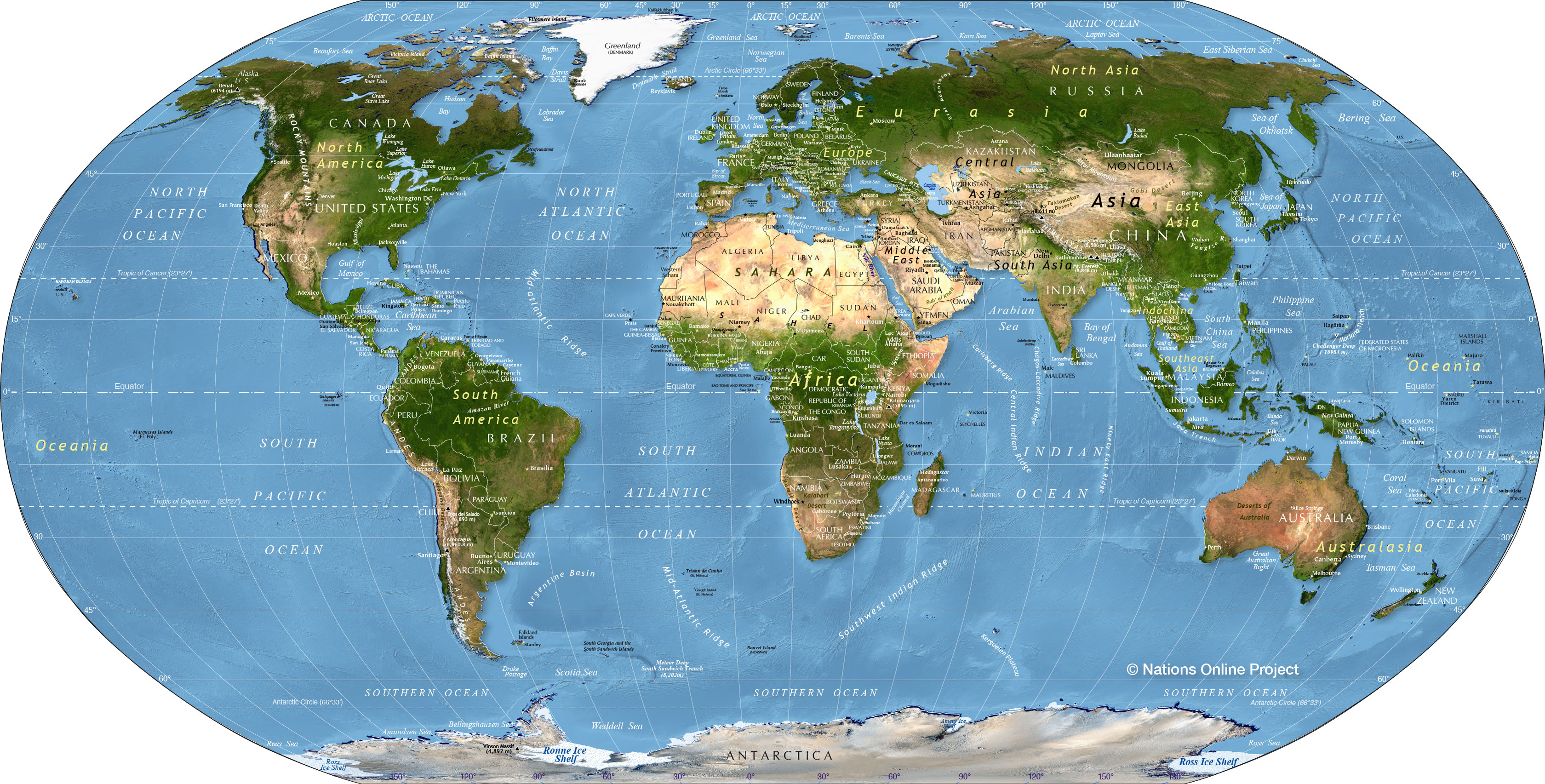Hello from London,
Here’s something to cheer. One day soon, Joe Biden will sign into law the Respect for Marriage Act. Passed last week by Congress, that bill sets out federal recognition for same-sex marriages. Individual states that bristle won’t be obliged to permit them, but all will have to recognise couples who have married elsewhere. The right to marry has thus been secured thanks to legislation, not merely a ruling of the Supreme Court.
Whether you’re liberal or conservative this is a victory. First, it reflects how public attitudes have shifted for the better: people are more relaxed and tolerant on this issue than ever. It’s now mainstream to favour gay marriage rights. Over 70% of Americans do so, a big jump from even two decades ago. As important, this shows the political process working as it should. The law was made by elected politicians who thrashed out compromises and weighed up what voters actually want. That’s quite a contrast to appointed judges who can ignore voters’ preferences, as happened when the court overturned Roe v Wade this year.
The news on gay marriage is welcome progress. (At The Economist we’re not shy about celebrating that: we were founded nearly 180 years ago explicitly to take part in a “contest between intelligence, which presses forward, and an unworthy, timid ignorance obstructing our progress”). Have a read of our newly published article on the law, for more. I’d wish for more of the same on other matters, such as scrapping the death penalty, limiting sales of guns or doing more about climate change.
Elsewhere, however, brace for more gloomy reports in the coming days. My colleagues have been back in Ukraine gathering some remarkable material for forthcoming stories. We’ve also just published a look at religious division inside Ukraine, where one (traditionally pro-Russian) branch of the Orthodox church is coming under pressure from the government. We’ve also been getting a sense of the mood in Moscow, as dissent is further muzzled and those who dare to speak out against Vladimir Putin’s senseless war are locked up.
China, too, could be the source of great concern. As more cities and regions remove covid restrictions, easing lockdowns and testing regimes, two things are happening. The virus is now spreading in a population that is poorly vaccinated, which is likely to mean that higher rates of serious sickness—and possibly overwhelmed hospitals—could follow within weeks. Reports have already emerged of shortages of medicine to ease pain and fever. The other certainty, however, is that official reporting of all this, including the publication of deaths from covid, will not be honest. Chaguan, our columnist in Beijing, wrote about this last week.
Otherwise, I’ll be paying attention to South Africa. In a few days the ruling party, the African National Congress, holds its five-yearly conference, where it must decide whether its leader, Cyril Ramaphosa, should run again for president. The complication: Mr Ramaphosa may be impeached by parliament, after allegations of corruption following the mysterious theft of huge piles of cash stashed in his sofa.
Finally, for slightly lighter relief, let me recommend a new piece we have just published from France. After the French football team beat the English one in the World Cup this weekend, it’s hard, just at the moment, for this Londoner to feel gracious towards our neighbours across the Channel. But I have to admit that French high-speed trains are a thing of wonder. Our correspondent has tracked the ways that the TGV shapes modern France. It’s well worth a read.
Thanks again for your many emails, after I asked you about US politics. To summarise: Raphael Warnock’s victory in Georgia surprised none of you (and pleased most), but you don’t see him as a credible presidential candidate for 2024. Most of you instead dwelt on the many weaknesses of all the other possible Democratic (and indeed Republican) candidates. Adam Dickens counts as a rare enthusiast. He says: “I don't see anyone beside Biden running” for he has done a “tremendous job of getting legislation passed” despite polarisation. Adam, I suspect you are right, but we’ll surely return to this topic again.
This week I’d like to get your views on another subject. Every December we at The Economist nominate our “country of the year”, for the most improved nation of the past 12 months. (Read about the country we chose in 2021). We’ll shortly be discussing our choice for this year, so please tell me which country, or countries, you would nominate—and why—for 2022. Please write to me at economisttoday@economist.com.
Adam Roberts, Digital editor
